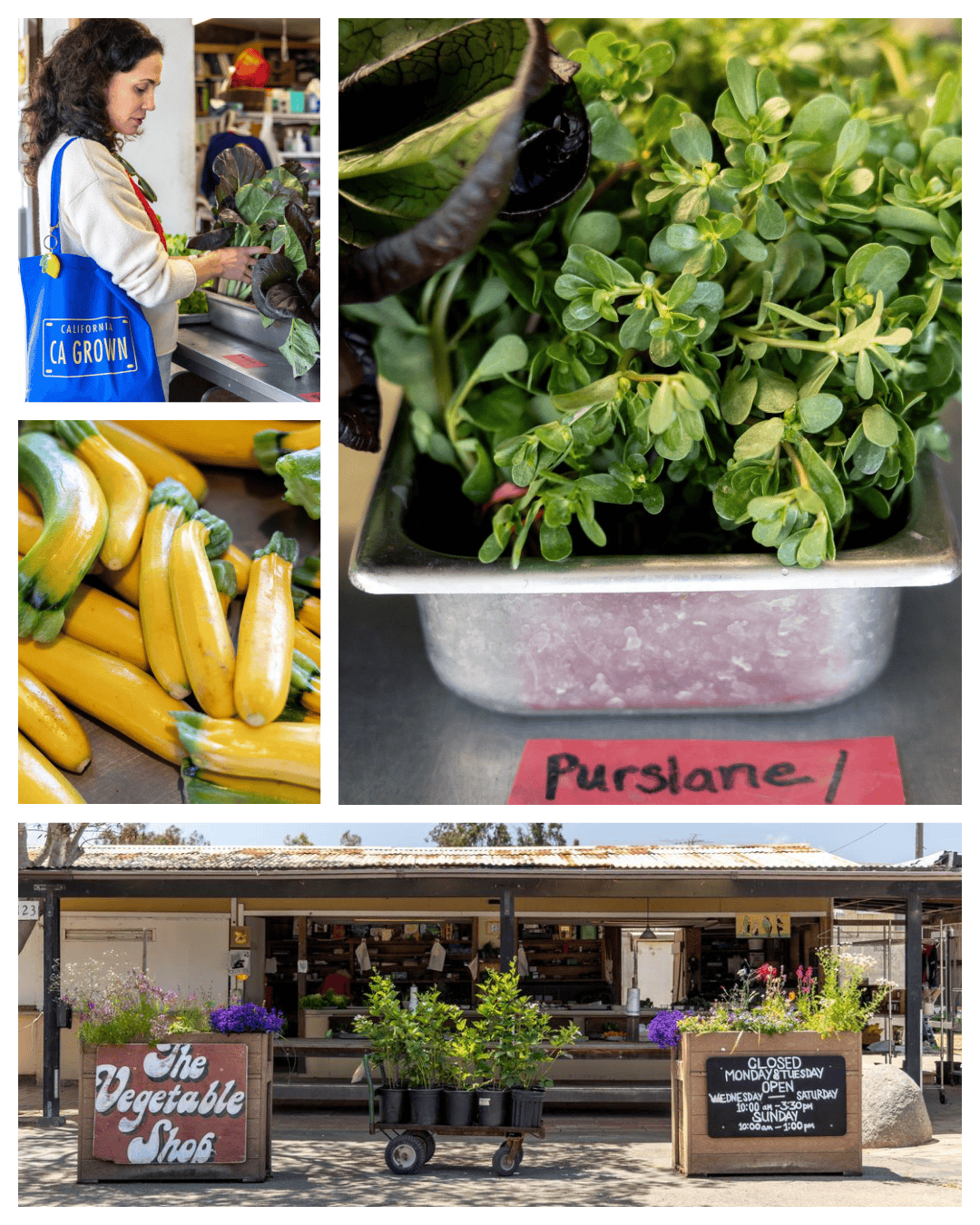Why Chino Family Farm Is A California Agricultural Icon
Step into the wooden farm stand at Chino Family Farm in Rancho Santa Fe, and you’ll be greeted with an explosion of color, fragrance, and flavor. It’s not just a place to shop, it’s a pilgrimage for anyone who values peak-season produce and agricultural excellence.
Revered equally by world-renowned chefs and loyal home cooks, Chino Family Farms has become one of California’s most beloved small farms.
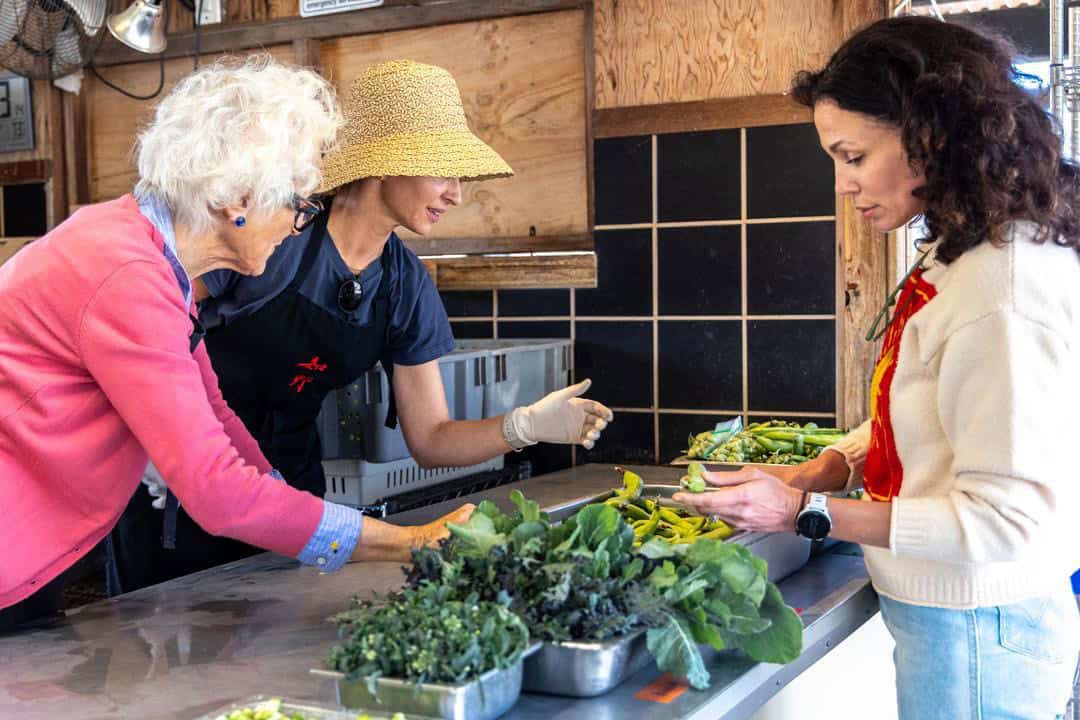
The California Grown team recently visited Chino Family Farms to learn the story behind this celebrated farmstand and its role in shaping modern American produce culture.
From its deep Japanese-American roots to its impact on the Slow Food movement and its ongoing commitment to growing the best possible produce, this family-run farm is a must-visit for anyone who wants to see California agriculture at its finest.
A Century Of Cultivating Community
The roots of Chino Family Farms trace back to the 1920s, when Junzo Chino emigrated from the fishing village of Hashiguii, Japan, and later married fellow Wakayama native Hatsuyo Noda.
After farming in Los Angeles, the couple moved south to San Diego County, where they eventually purchased 56 acres of farmland after World War II.
It wasn’t an easy road. During the war, the Chino family was forced to stop farming and placed into internment in Arizona. After returning, they had to begin again, in a social climate that meant they were frequently met with mistrust or faced discrimination. But their response was resilience.
It is resilience and work ethic, paired with a devotion to the land, that turned the farm, affectionately called “Chino Nojo” (Japanese for “Chino Farm”), into an agricultural legend.
But their response was resilience. That work ethic, paired with a devotion to the land, turned the farm—affectionately called “Chino Nojo” (Japanese for “Chino Farm”)—into an agricultural legend.
Today, the second generation, including Tom, alongside his brothers Frank (Koo) and Fred (Fumio) and his sister Kay (Kazumi), continues to steward the land with the same spirit and values.
The Farm That Put Flavor First
Chino Family Farms is only 50 acres, just a tenth the size of an average American farm, but it produces hundreds of varieties of fruits and vegetables. Their offerings are unusual and unforgettable, from baby Cherokee tomatoes and concord grapes to French mara des bois strawberries.
Their sweet white corn has its own cult following. Tomatoes and melons are equally jaw-dropping, often tasting like a heightened version of themselves—brighter, deeper, sweeter.
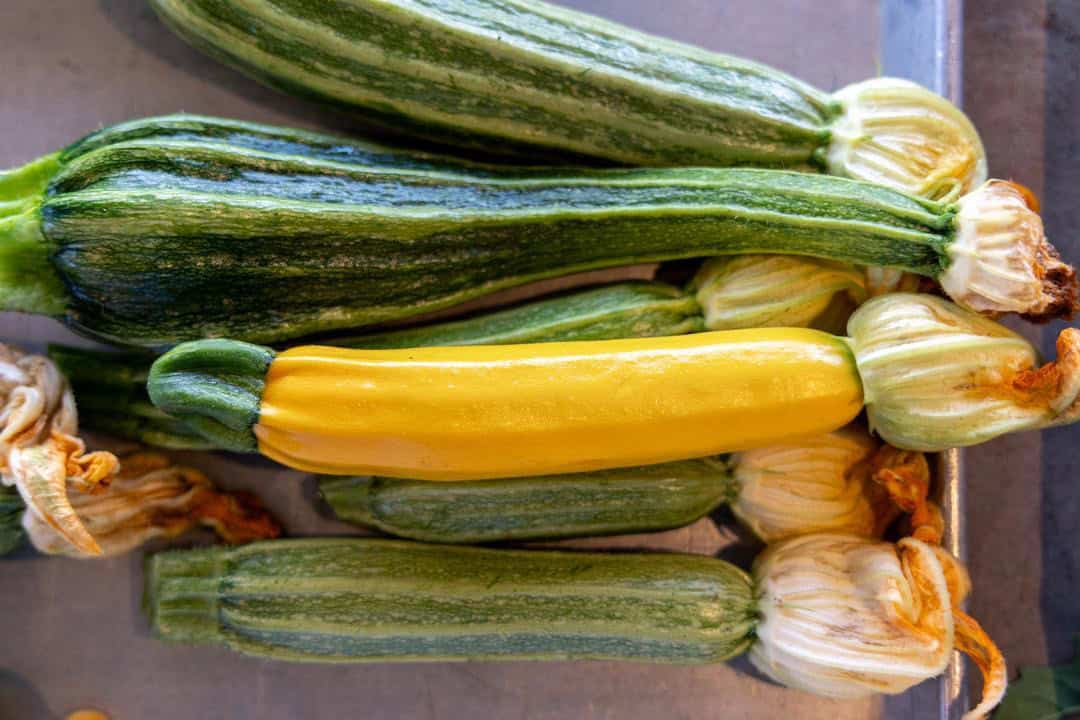
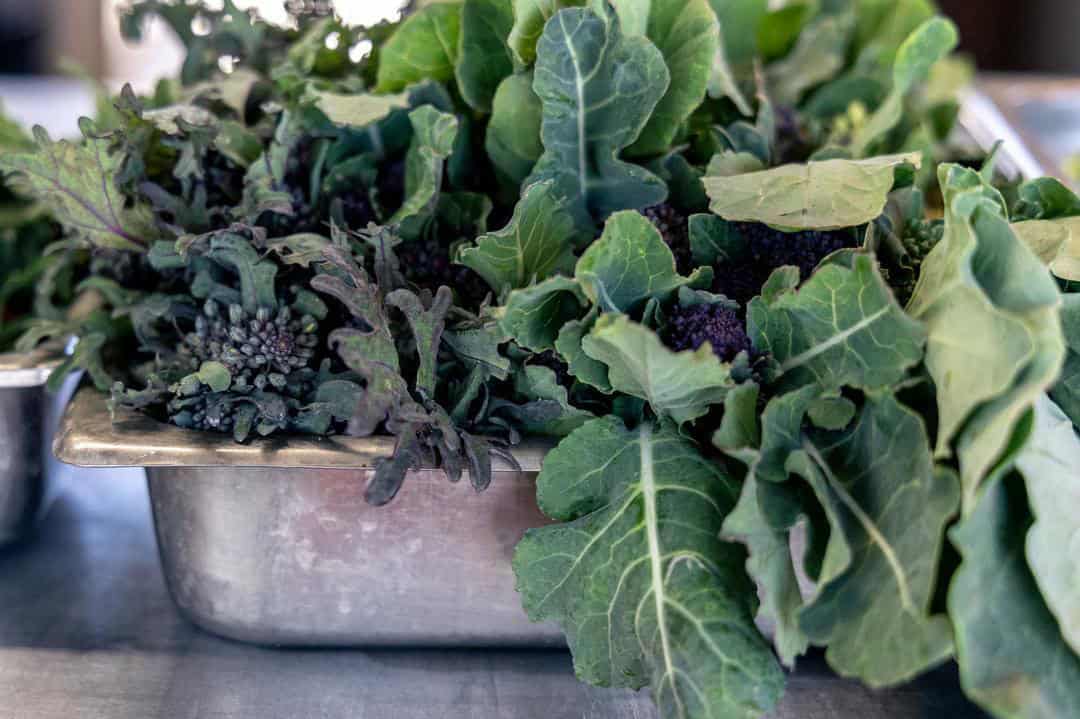
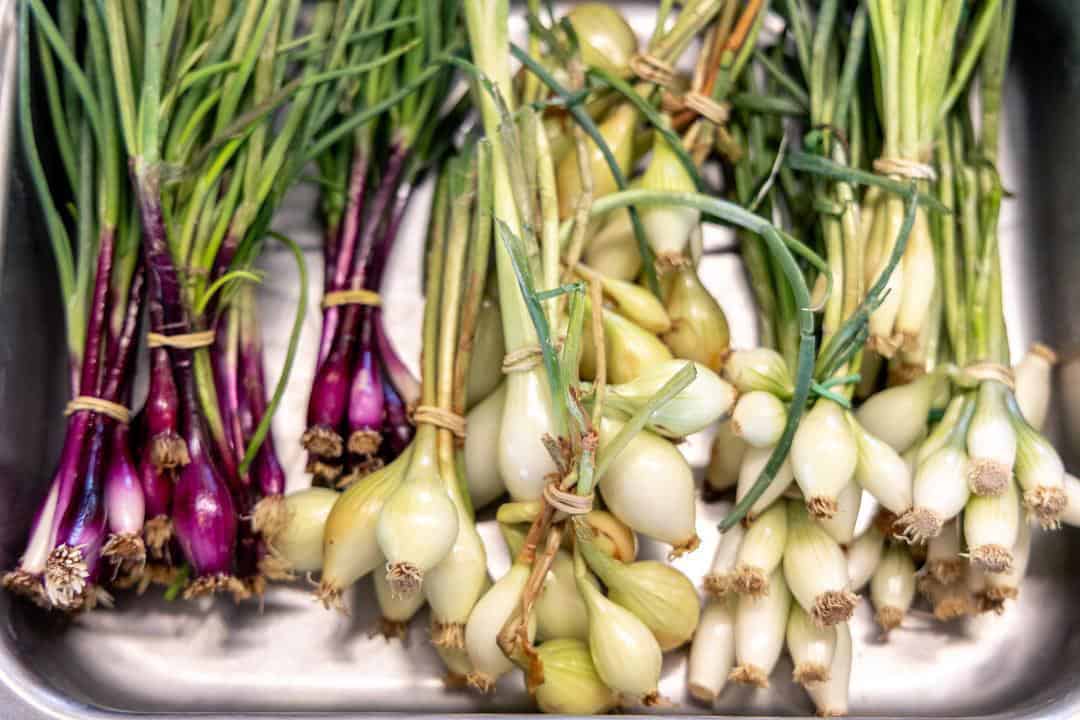
This commitment to flavor and quality caught the attention of chef Alice Waters of Chez Panisse, who helped usher the Chinos into the national spotlight.
Soon, other culinary luminaries like Wolfgang Puck and Thomas Keller followed suit, making the farm a go-to source for elite kitchens and adventurous eaters.
To this day, it remains a cash-only operation (you can use Venmo!), a small but powerful reminder that not everything needs to be high-tech to be high-quality.
Farming As Philosophy
The farm is more than a marketplace. It’s a space where tradition meets innovation. Over the years, Chino Family Farms has hosted agricultural trainees from Japan, who come to learn farming techniques and a way of thinking that honors the past while exploring new possibilities.
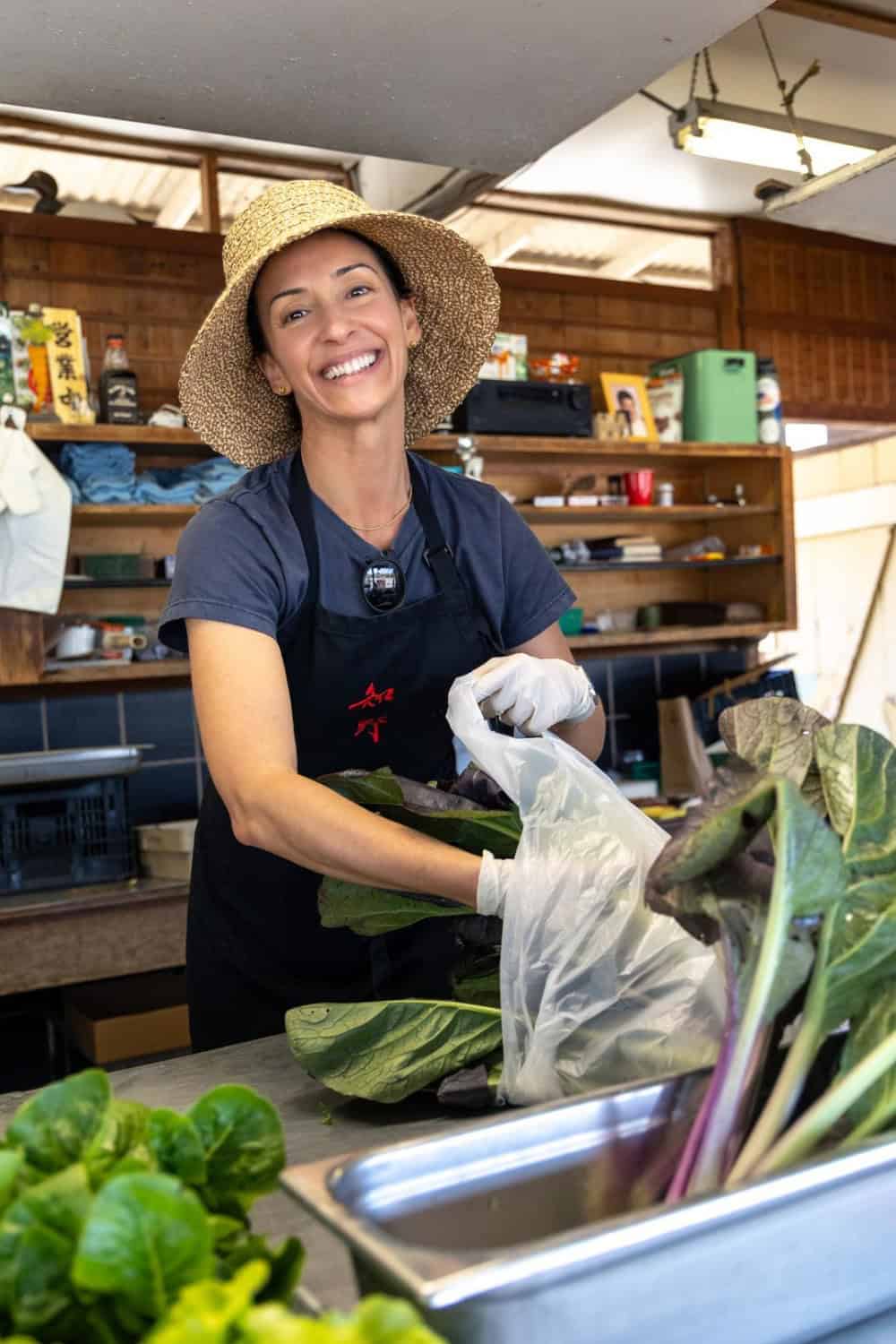
That philosophy is also present in the staff at the farm stand, many of whom are long-time employees and family friends. They’re known for handing out samples of just-harvested produce and recommending the perfect tomato for your salad or microgreen for your avocado toast.
And if you’re lucky, you’ll get a quick lesson on the nuanced difference between Lyon artichokes and Jerusalem artichokes, or a suggestion to try something completely new, like strawberry figs or salsify.
Why San Diego Is A Small-Farm Powerhouse
Part of what makes Chino Family Farms so extraordinary is its location. Nestled just 30 minutes north of downtown San Diego, Rancho Santa Fe offers a unique microclimate ideal for year-round growing.
According to University of California Agricutlure and Natural Resources, San Diego County is home to more than 5,000 farms (more than any other county in the U.S.), and nearly 70% are under 10 acres. This region is a haven for small farms like Chino’s, where biodiversity, seasonal eating, and sustainable practices thrive.
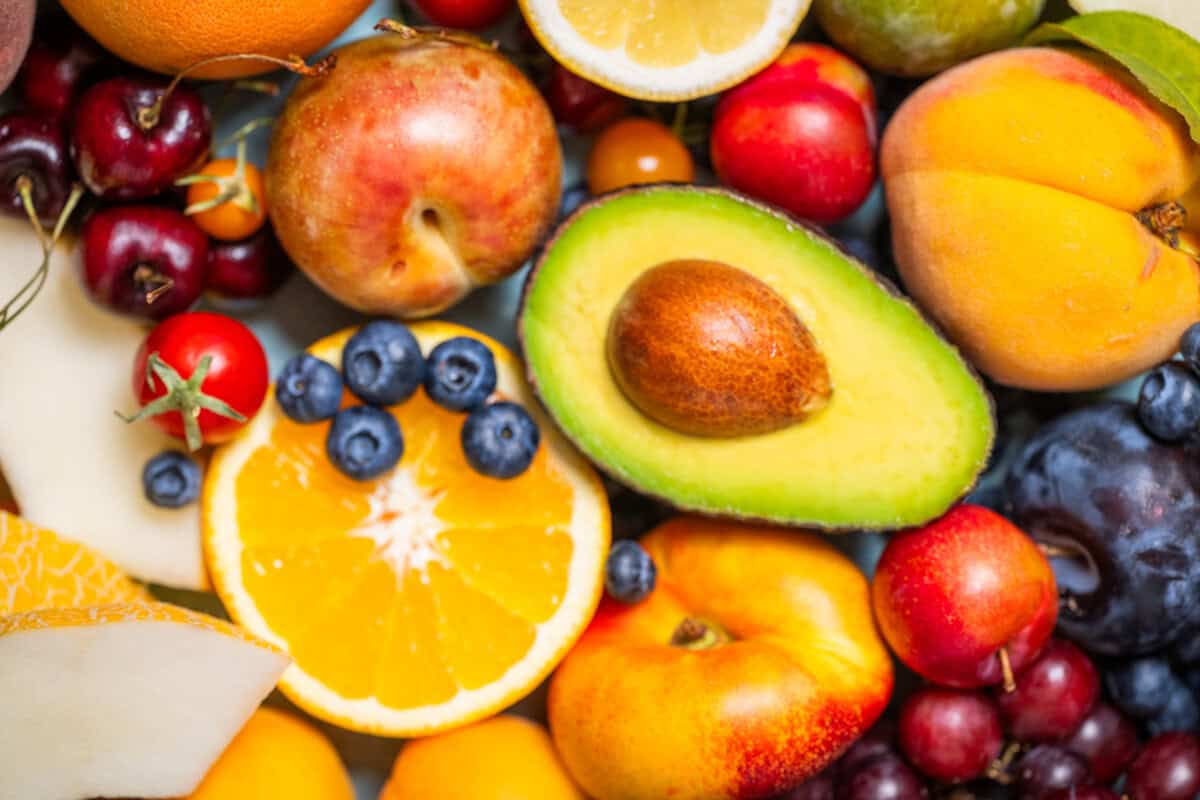
The area’s mild coastal weather, diverse terrain, and access to both mountains and the ocean contribute to the abundance. In addition to Chino’s iconic strawberries, tomatoes, and sweet corn, the county is known for citrus, avocados, lettuces, and stone fruits.
This combination of conditions means farms can produce various crops within a single growing season, from rainbow chard and white cucumbers to watermelon radishes and multiple kinds of beans.
The Legacy Lives On
The Chino family has proven that even a small plot of land can have an outsized impact, influencing how chefs cook, farmers grow, and communities eat.
Their commitment to quality over quantity has inspired generations, and the next time you find yourself in Southern California, it’s worth the detour to see it all for yourself.
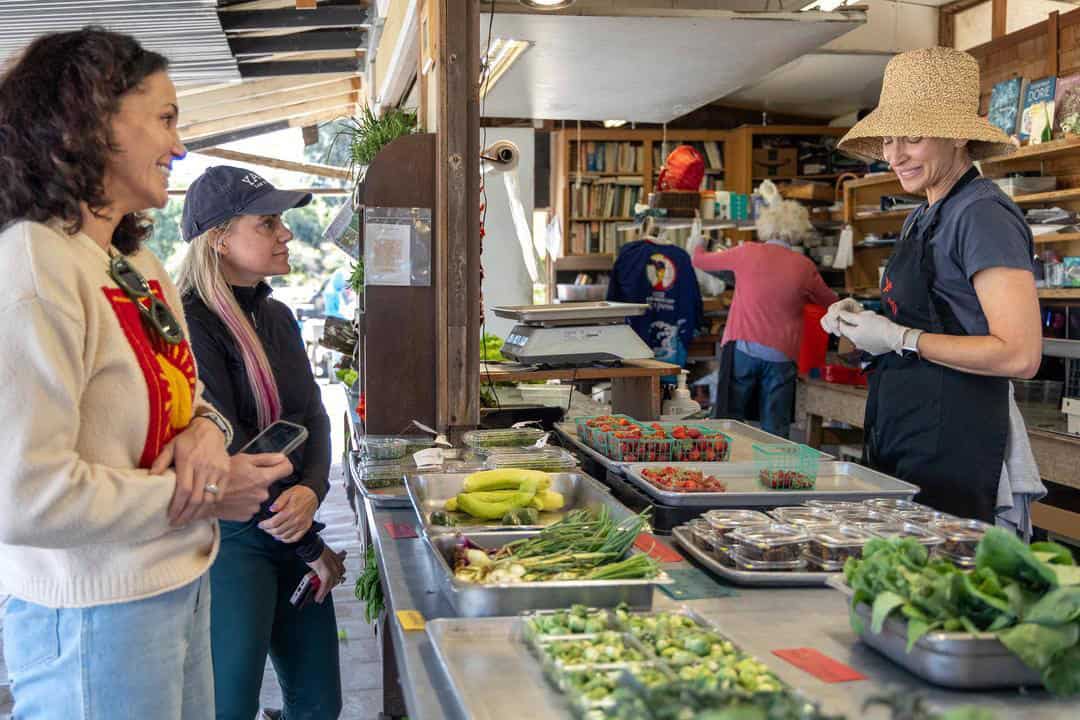
Explore More Of San Diego Agriculture
And if you’re planning a full day in the area, pair your visit with one of these nearby food and farming spots:
- Rancho Santa Fe Farmers Market – Just down the road, this weekly market features local artisans, fresh produce, and prepared foods.
- Coastal Roots Farm – A nonprofit educational farm in Encinitas that combines community farming with Jewish agricultural traditions.
- Fox Point Farms Harvest Market – A curated artisan market located on a regenerative farm in North County.
Article by Aida Mollenkamp. Photography by Hilary Rance.

